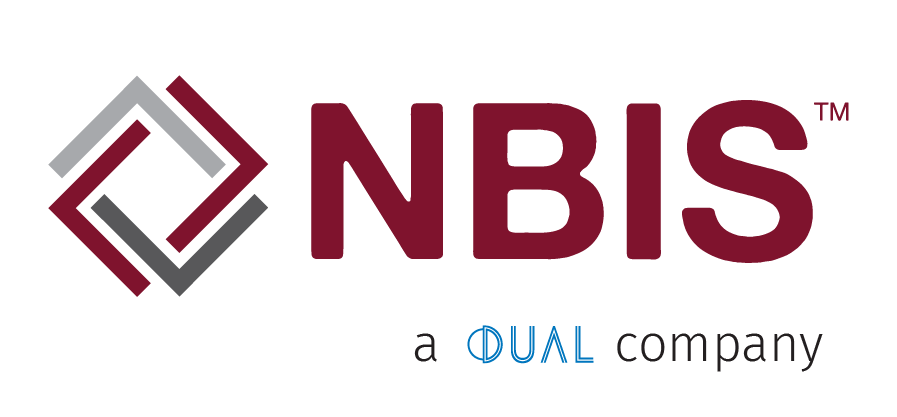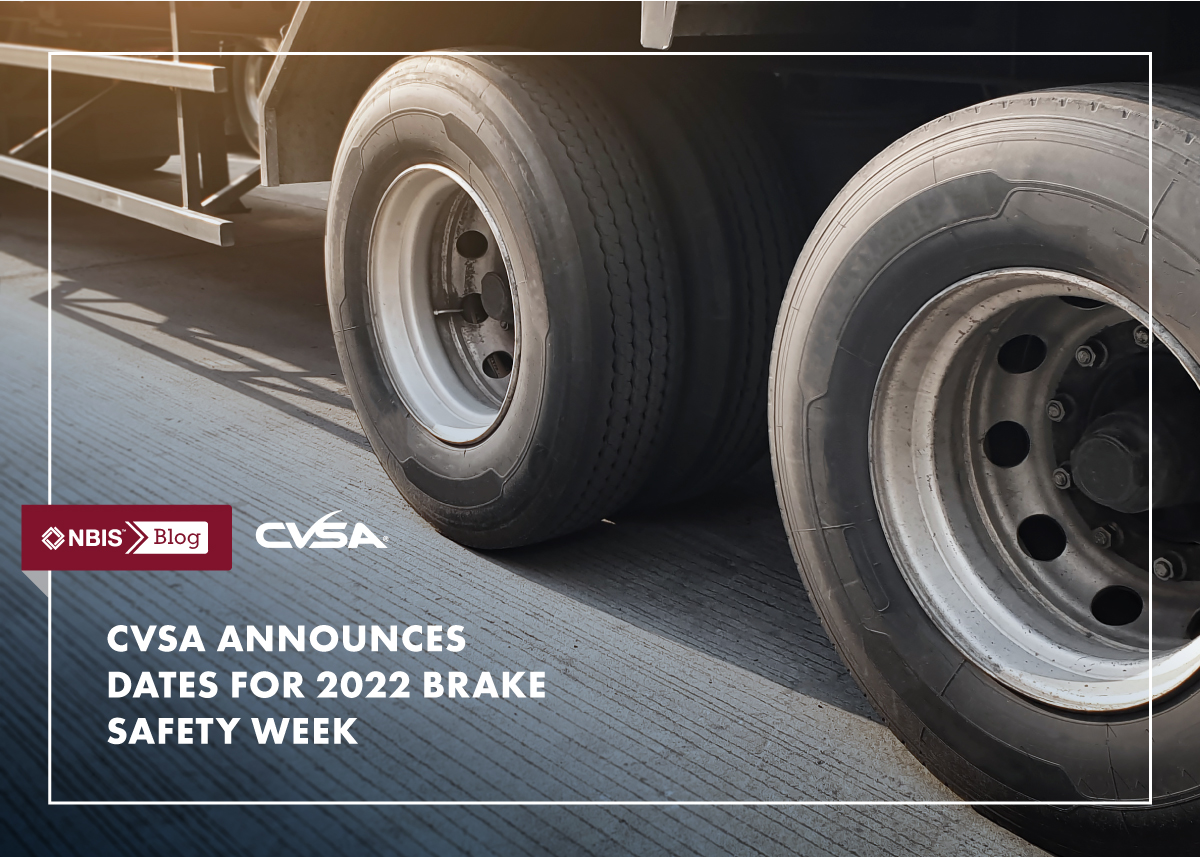Why Isn’t Your Operator A Borrowed Servant?
By Art Kirkner, VP of Claims
This article was previously published in the 2022 August issue of American Cranes & Transport Magazine
Your operator has arrived to the jobsite with your crane. Your customer has leased your crane “with operator” for a few days to assist with removing old HVAC units and raising new units to the roof of a multi-building office complex. Your operator is directed as to where to set up his crane for the day’s work. Your customer performs the rigging, attaching the HVAC unit to the hook, and signals your operator to lift the HVAC unit. Your operator receives the radio command from your customer’s second signalman on the roof to swing the load over and suspend it in place on the hook until the customer’s rooftop crew is ready to maneuver it into place.
They move in, taking hold of the taglines, when suddenly there is a loud snap. The rigging has torn, dropping the HVAC unit onto one of your customer’s employees. Both of his legs are crushed, and amputated later at the hospital. The injuries are catastrophic.
Your daily rental ticket has been signed. It contains indemnity and additional insured provisions favorable to you requiring your customer to defend and indemnify you. Allegations emerge early where your customer’s crewmembers begin claiming your operator recklessly flew the load and then came to a sudden stop, which stressed the rigging from the sudden deceleration forces applied.
Despite the weight of the evidence to the contrary, the crewmembers are saying this is the reason the rigging failed and the HVAC dropped. The customer’s CGL carrier refuses to accept your defense and indemnity.
As the employer of the horribly injured worker, your customer enjoys WC immunity and cannot, and is not, named as a defendant in the litigation. Because the employer cannot be sued, the injured worker focuses his claim and investigation efforts on your operator and your company.
This is becoming a common occurrence even when there may be significant comparative fault on your customer. It is made worse when the owner and general contractor tender their defense and indemnity under their contract with your customer.
Your customer then tries to pass on this exposure to you, claiming it was your operator’s negligence that caused the rigging to snap. You are frustrated and angry because your operator did not cause this accident. Now what?
The Borrowed Servant Doctrine
The “Borrowed Servant Doctrine”! It goes by other names like “Dual Employment” or “Loaned Employee” or “Special Employer.” The Borrowed Servant Doctrine makes other contractors (your customer) the “special employer” of your operator (the “borrowed servant”), who is temporarily used , loaned or rented to the other contractor for a specific purpose. Under this dual employment arrangement, your crane operator now enjoys the same WC immunity as your customer enjoys.
How do you know if you and your operator benefit from workers’ compensation immunity when presented with the above circumstances where your operator is performing work for your customer? Though this varies by state, the following elements are contained in most states’ Borrowed Servant Rule: Is there a contract (your daily signed ticket) and what are the terms? Who exercised control over the employee? Whose work was being performed at the time of the accident? Did the worker understand that he or she was working for the borrowing employer and continue to do the job? Who provided the tools and place of performance? How long was the “borrowing”? Who had the right to discharge the worker? Who had the obligation to pay the worker?
Each case will be decided on its own facts and based upon the answers to these questions. Paramount to your defense under the Borrowed Servant Doctrine is: (1) the signed DAILY RENTAL TICKET and (2) the RIGHT TO CONTROL your operator.
In my 50 years of experience, all too often, adjusters are ill-informed on this rule, and frankly, defense counsels are quick to dismiss the application of this Borrowed Servant rule because your customer did not pay your operator’s wages or are not sufficiently skilled at eliciting answers from your operator that demonstrate the exclusive control, direction and supervision of your operator—despite having a signed daily rental ticket and the facts to the contrary.
The Borrowed Servant rule is the cornerstone of your defense when confronted by your customer’s injured employee suing you and your operator.
To insulate your company and operators from serious financial exposure under the Borrowed Servant Doctrine, it is in your BEST INTEREST to associate with an insurance partner like the NBIS team that understands your business with real-world crane & rigging knowledge and claims expertise. It is vital to your business protection to use the NBIS PREFERRED CONTRACT language, which offers you greater contractual protection by getting the responsible party to indemnify and defend you for their negligent actions.







